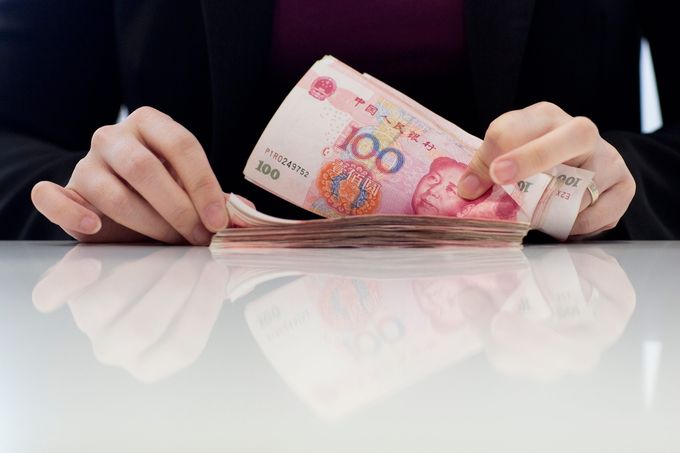- Forex Supply Drops to $700m Monthly
The Central Bank of Nigeria said on Tuesday that the monthly supply of dollars at its disposal had dropped to between $600m and $700m.
While the bank had a stock of up to $3bn monthly in 2013 and 2014, it said the forex scarcity that hit the country lately had left it with roughly $700m.
The Deputy Governor, CBN, Mrs. Sarah Alade, who appeared before an ad hoc committee of the House of Representatives in Abuja, explained that the forex scarcity was the reason why the apex bank was unable to meet all demands, particularly those coming from importers of petroleum products.
The ad hoc committee, which is headed by a member from Imo State, Mr. Nnana Igbokwe, is conducting a public hearing on the review of the pump price of petrol from N145 to N70.04 as proposed by the House.
The committee had summoned the Governor of the CBN, Mr. Godwin Emefiele, to respond to allegation by importers that the bank was denying them access to forex.
Emefiele was also to explain how International Oil Companies got involved in the sale of foreign exchange to importers and petroleum marketers in the country.
But Alade, who represented the governor, told the committee that it was impossible to meet every forex demand in the light of the present scarcity.
She said, “Things are not the way they used to be. There is a shortage of foreign exchange. In 2013 to 2014, the Federal Government used to get $2bn to $3bn monthly, and the CBN in the interbank market sold about 30 per cent of that. Seventy per cent came from foreign investors.
“Today, we get $600m or $700m. Nothing comes in from interbank market; $1.5m is sold every day and $1bn was done in December to clear matured Letters of Credit. It’s not the way it used to be.”
The Minster of State for Petroleum Resources, Dr. Ibe Kachikwu, responded to the question on why the IOCs were involved in the sale of forex to importers.
He stated that it was an arrangement to ease supply to the importers, who received between 35 per cent and 45 per cent of the available forex.
The minister described it as an “intervention scheme,” which was coordinated by the Nigerian National Petroleum Corporation and the Petroleum Products Pricing Regulatory Agency to ensure that beneficiaries were screened after duly applying for the forex.
Kachikwu added that the pressure on forex by fuel importers could reduce if the country refurbished all its refineries.
He stated that the government’s plan was to make the refineries fully functional and produce around eight million of the 20 million litres of daily petrol intake.
“By 2019, we should be able to exit completely the importation of petroleum products in this country. This has consistently served as a target for this government so that by December 2018, the NNPC must be able to deliver on some of the terms given them, one of which is to reduce petroleum products’ importation by 60 per cent,” he said.


 Forex2 weeks ago
Forex2 weeks ago


 Naira1 week ago
Naira1 week ago
 Naira4 weeks ago
Naira4 weeks ago
 Company News4 weeks ago
Company News4 weeks ago




 Naira1 week ago
Naira1 week ago
 Billionaire Watch1 week ago
Billionaire Watch1 week ago




 Naira3 weeks ago
Naira3 weeks ago




 Naira1 week ago
Naira1 week ago




















